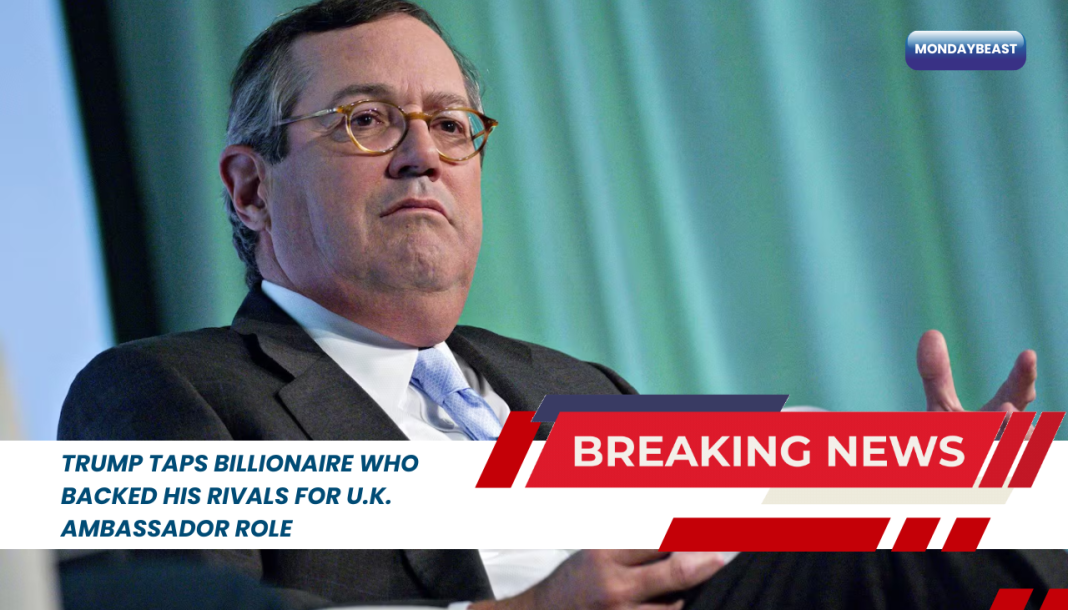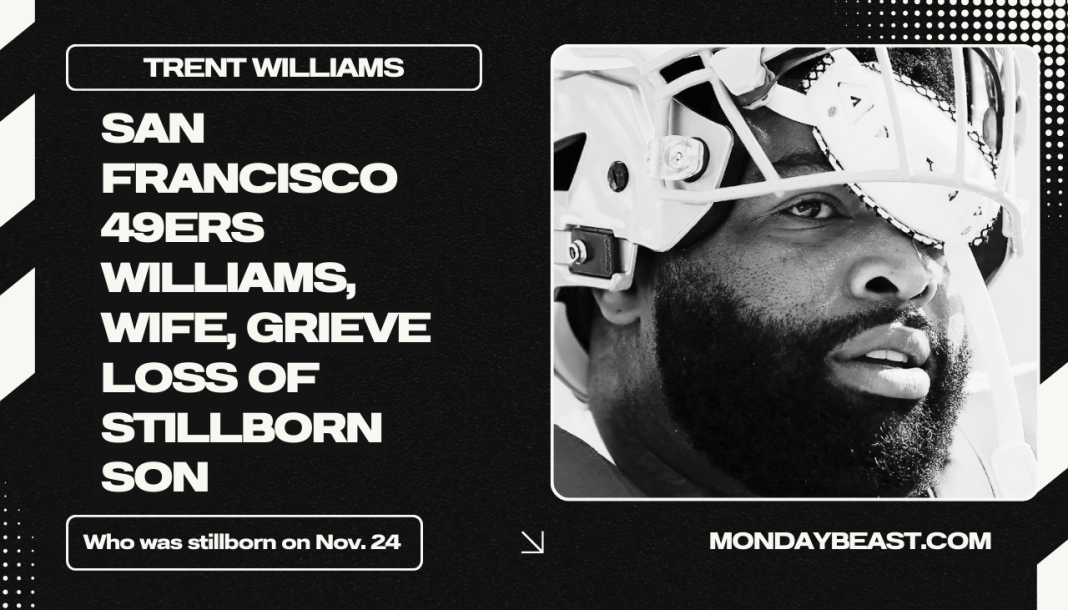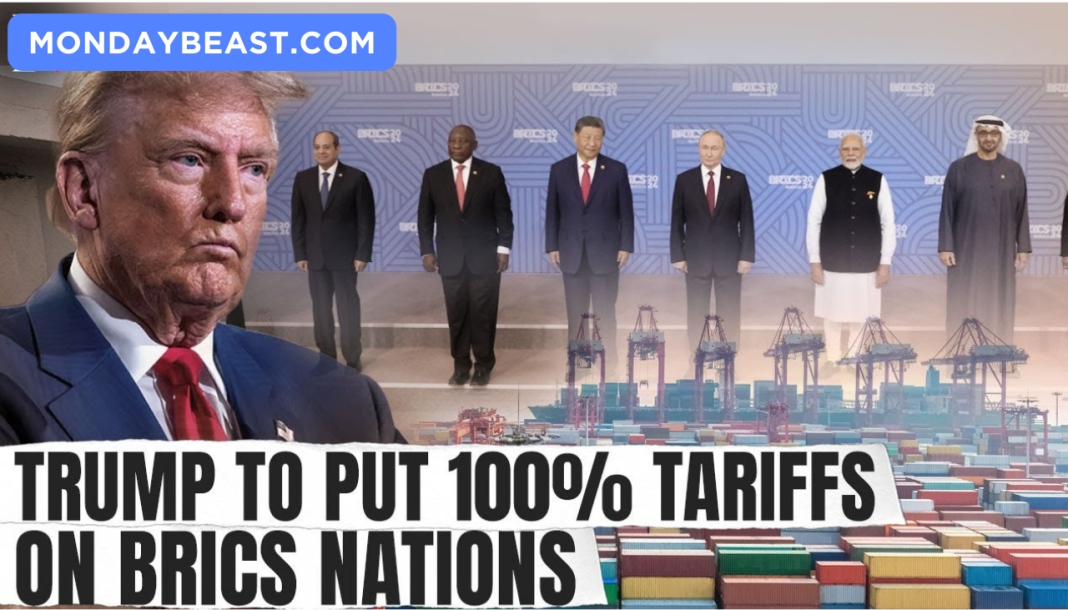The Unexpected Choice for Ambassador
Donald Trump has chosen Warren Stephens as the U.K. Ambassador. Many find this pick puzzling. After all, Stephens once spent $2 million to block Trump’s rise in 2016. How does someone who funded rivals become a key ally? The relationship is layered and complex.
Stephens isn’t just any billionaire. He is an investment banker from Little Rock, Arkansas. He leads Stephens, Inc., a respected firm. Over the years, he supported Asa Hutchinson, Chris Christie, Mike Pence, and Nikki Haley. His pivot shows a distinct shift, and it also reflects the ever-changing dynamics of politics.
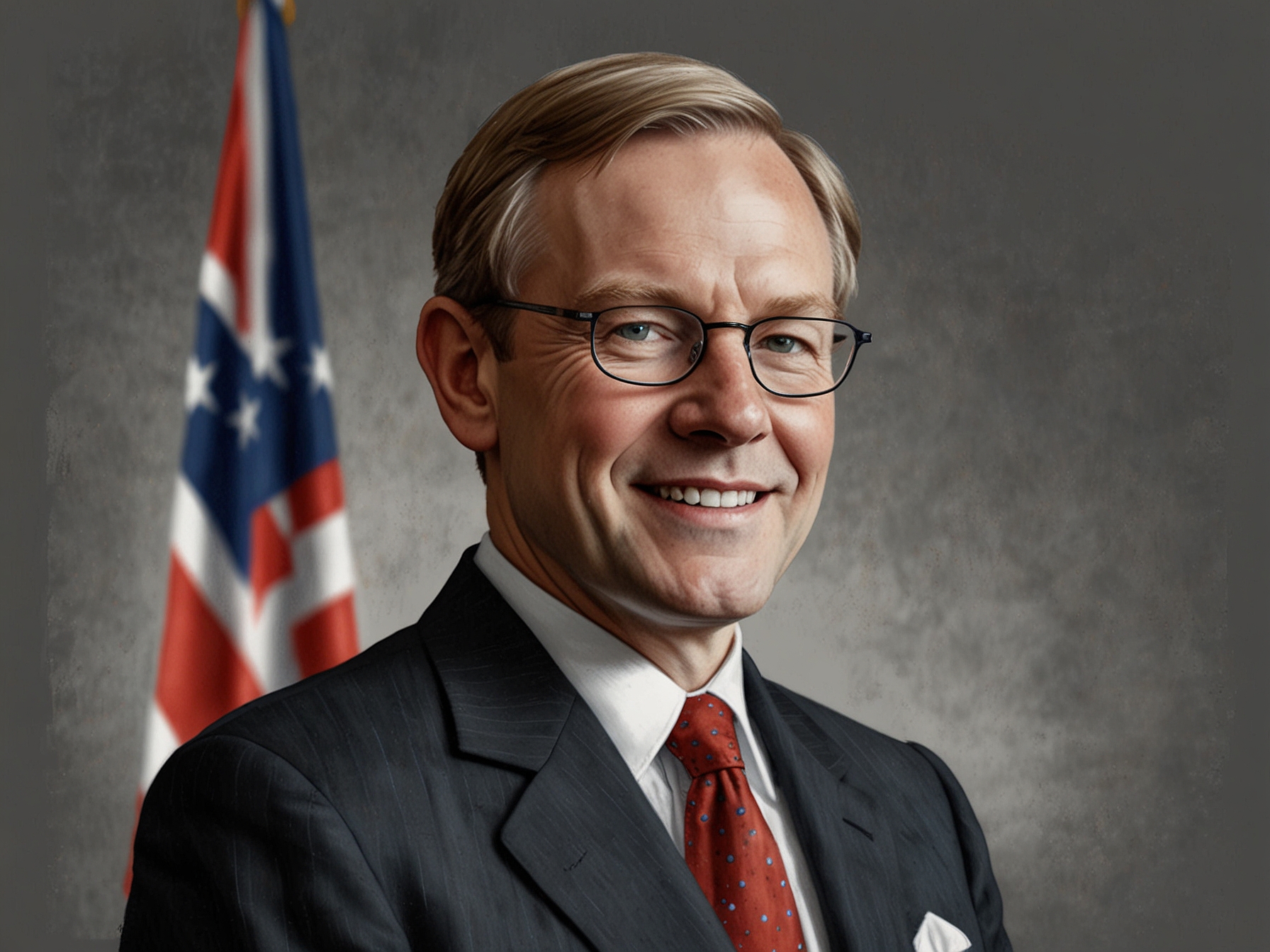
It’s important to notice the timing of his support. Once Trump appeared likely to secure the Republican nomination, Stephens opened his wallet. He donated over $3 million to Trump’s campaign. This strategic financial support played a role in securing his ambassadorship.
The Republican Party’s Inner Circle
The choice speaks volumes about party networks. Trump’s relationship with big-money donors has always been tumultuous. Some argue that it’s a way to mend fences. The American Opportunity Alliance, where Stephens holds sway, aimed to help unify the party. But can a past rival truly become a loyal supporter?
In 2016, many Republican donors felt disillusioned and believed Trump was not the right candidate. Stephens’ contributions to anti-Trump groups reflected that sentiment. Yet, his recent actions tell a different story, leading to questions about loyalty and pragmatism amongst party players. Are they truly loyal, or are they simply navigating a complex political landscape?
Legacy and Philanthropy
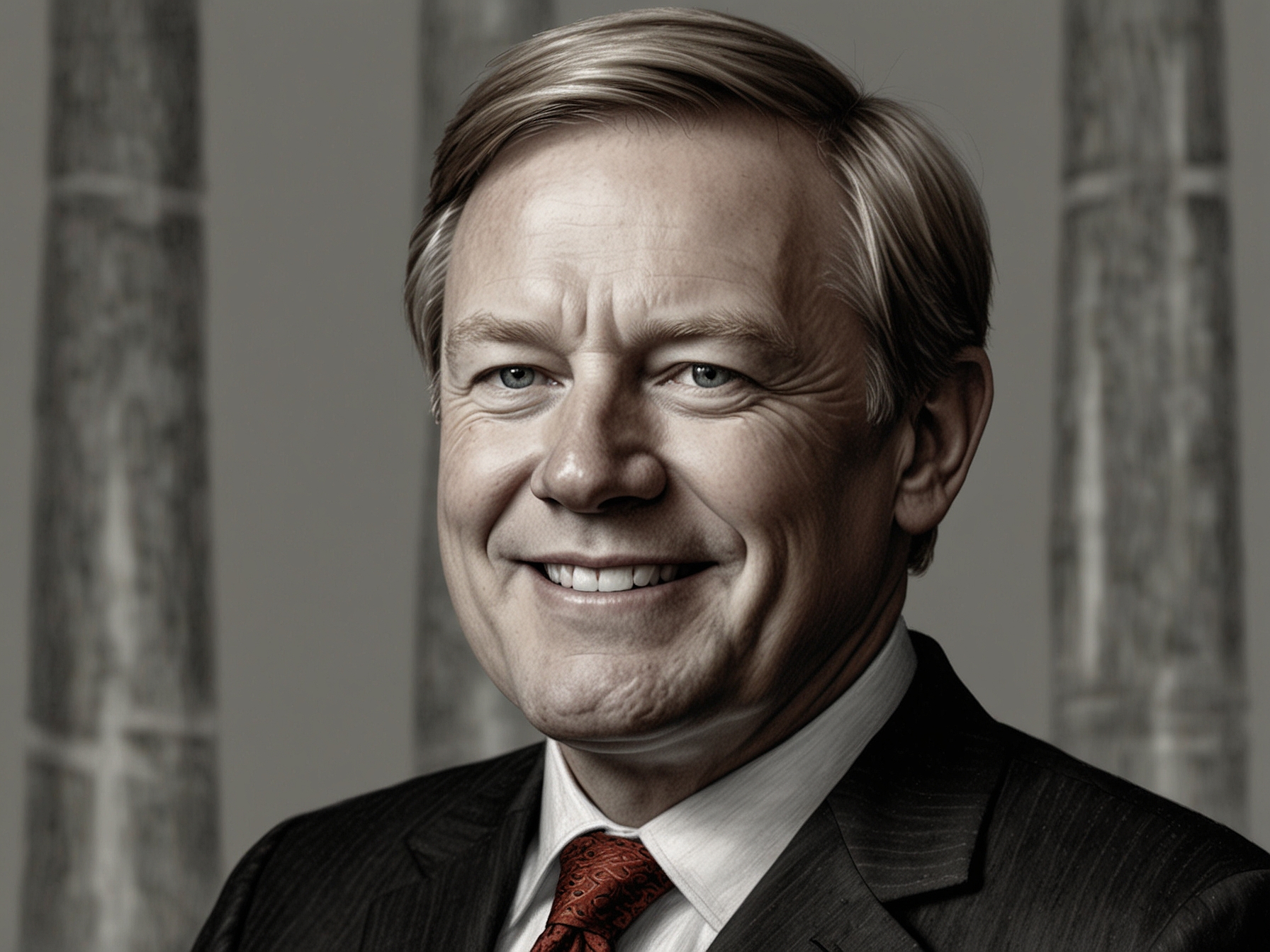
Trump praised Stephens as a philanthropist, stating, “Warren has always dreamed of serving the United States full time.” This statement attempts to cast Stephens in a heroic light and raises questions as well. Is it enough to be a donor and community supporter?
Philanthropy is important, yet it’s complex. Many wonder how personal motivations tie into political ambitions. What does “giving back” mean in this context? For Stephens, this role could cement his legacy. For some, it’s a chance for redemption, but for others, it’s just more political maneuvering.
The Future of Relations with Britain
With the selection made, thoughts turn to U.S.-U.K. relations. Stephens will now represent the U.S. to a key ally. Given his past, can he genuinely advocate for American interests? It’s a tall order, and how he will navigate the often rocky waters of diplomacy is uncertain. This appointment could redefine his career.
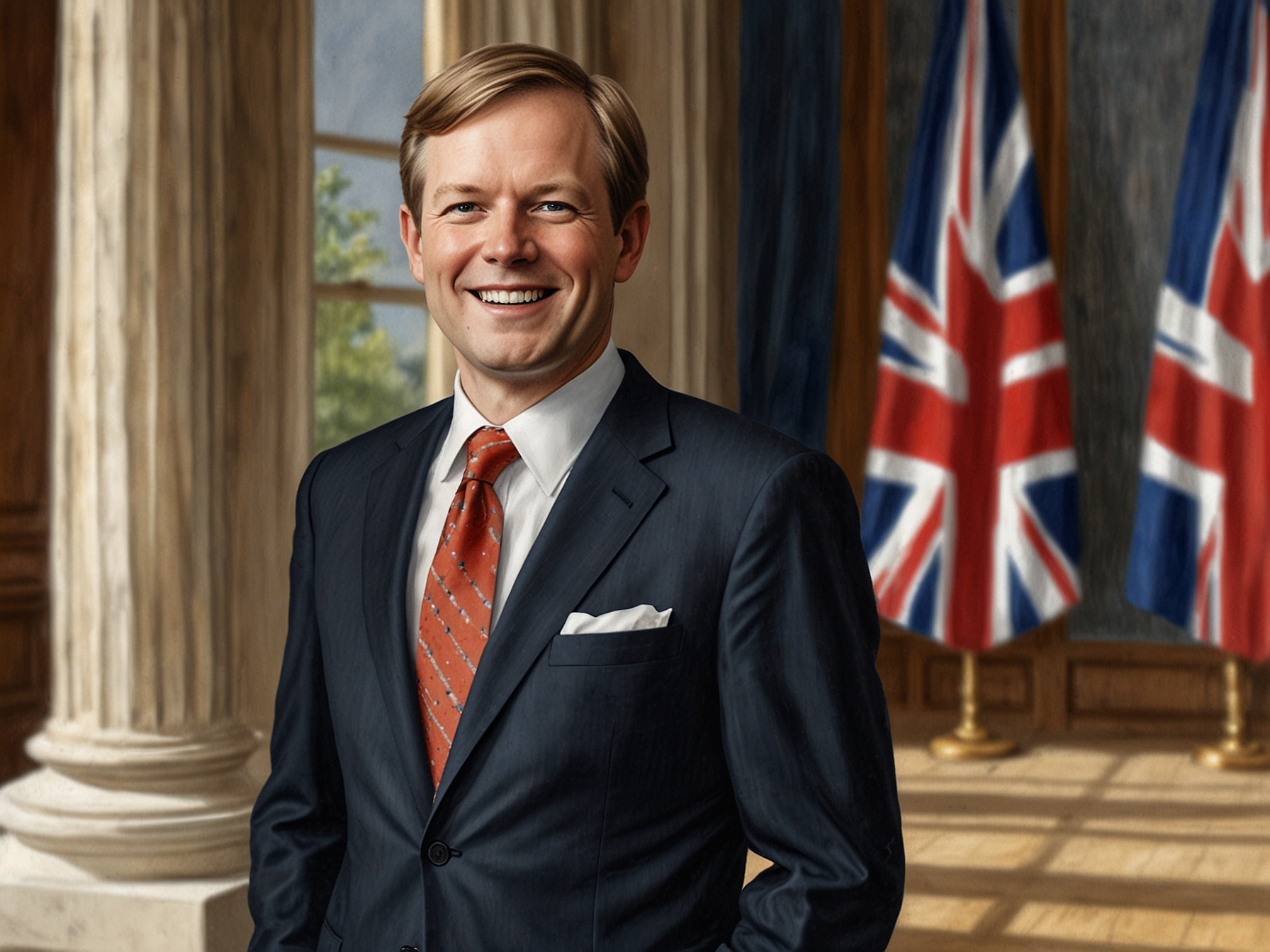
Britain awaits with cautious optimism. Some view this ambassadorship as a beacon of hope, while others remain skeptical. The true test will come when real issues arise. Can he communicate effectively? The ambassador role is not just ceremonial; it requires both skill and sincerity.
Conclusion
In the end, Warren Stephens’ journey is layered with intrigue. A former donor to Trump’s rivals, now an ambassador, raises eyebrows and reminds us that politics often involves surprising turns. How we view these relationships will likely shape our understanding of political alliances.
As Stephens prepares for his new role, we cannot help but wonder. Will he embrace his ambassador role fully, or will old divides linger? The future isn’t certain, yet one thing seems clear: this is politics, and anything is possible.

